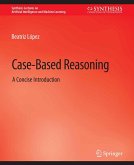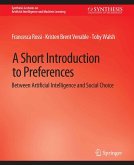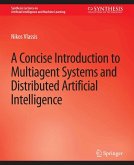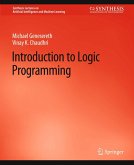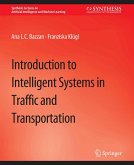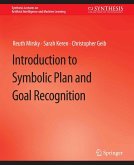Solving challenging computational problems involving time has been a critical component in the development of artificial intelligence systems almost since the inception of the field. This book provides a concise introduction to the core computational elements of temporal reasoning for use in AI systems for planning and scheduling, as well as systems that extract temporal information from data. It presents a survey of temporal frameworks based on constraints, both qualitative and quantitative, as well as of major temporal consistency techniques. The book also introduces the reader to more recent extensions to the core model that allow AI systems to explicitly represent temporal preferences and temporal uncertainty. This book is intended for students and researchers interested in constraint-based temporal reasoning. It provides a self-contained guide to the different representations of time, as well as examples of recent applications of time in AI systems.
Dieser Download kann aus rechtlichen Gründen nur mit Rechnungsadresse in A, B, BG, CY, CZ, D, DK, EW, E, FIN, F, GR, HR, H, IRL, I, LT, L, LR, M, NL, PL, P, R, S, SLO, SK ausgeliefert werden.
Hinweis: Dieser Artikel kann nur an eine deutsche Lieferadresse ausgeliefert werden.



